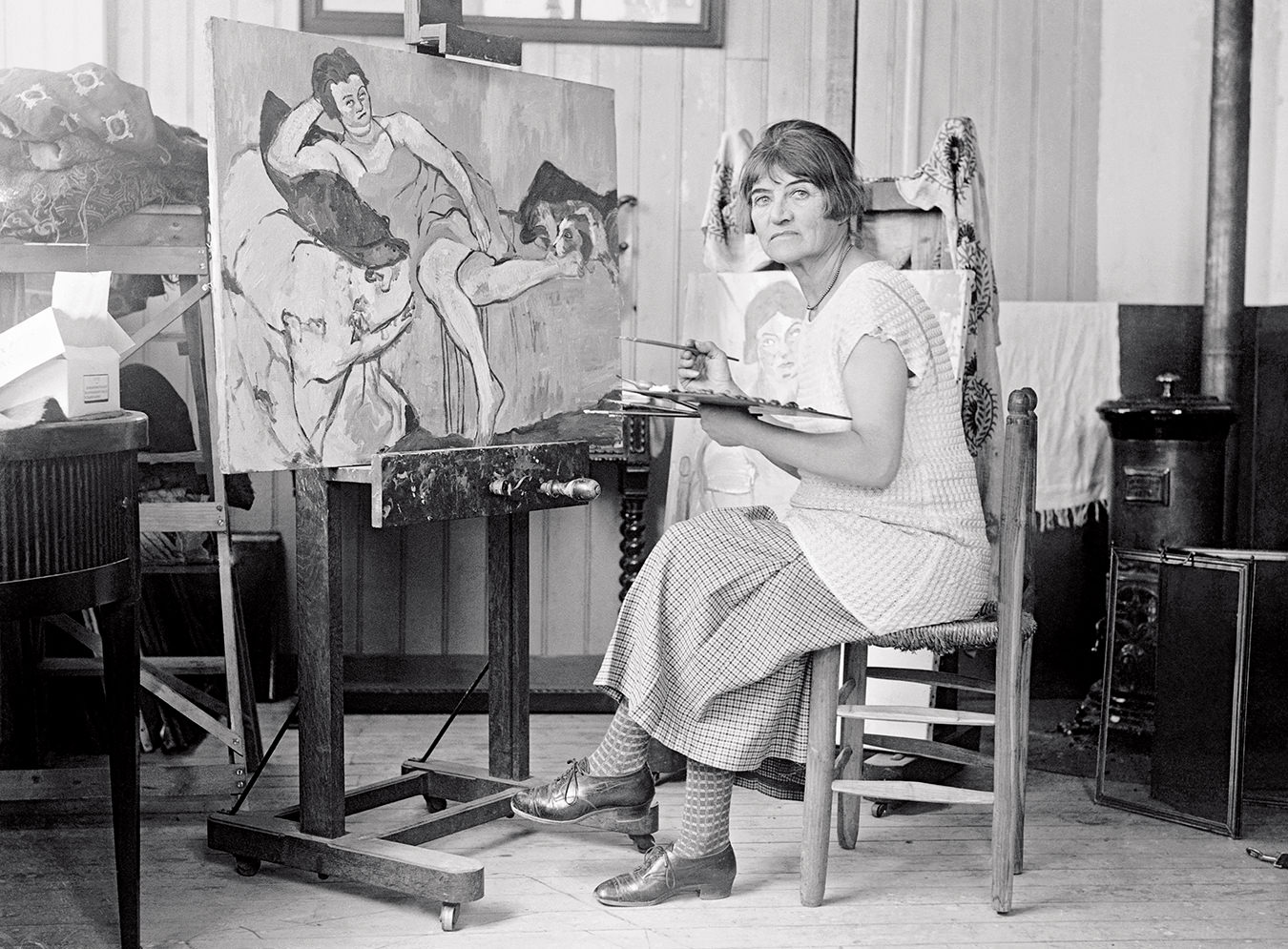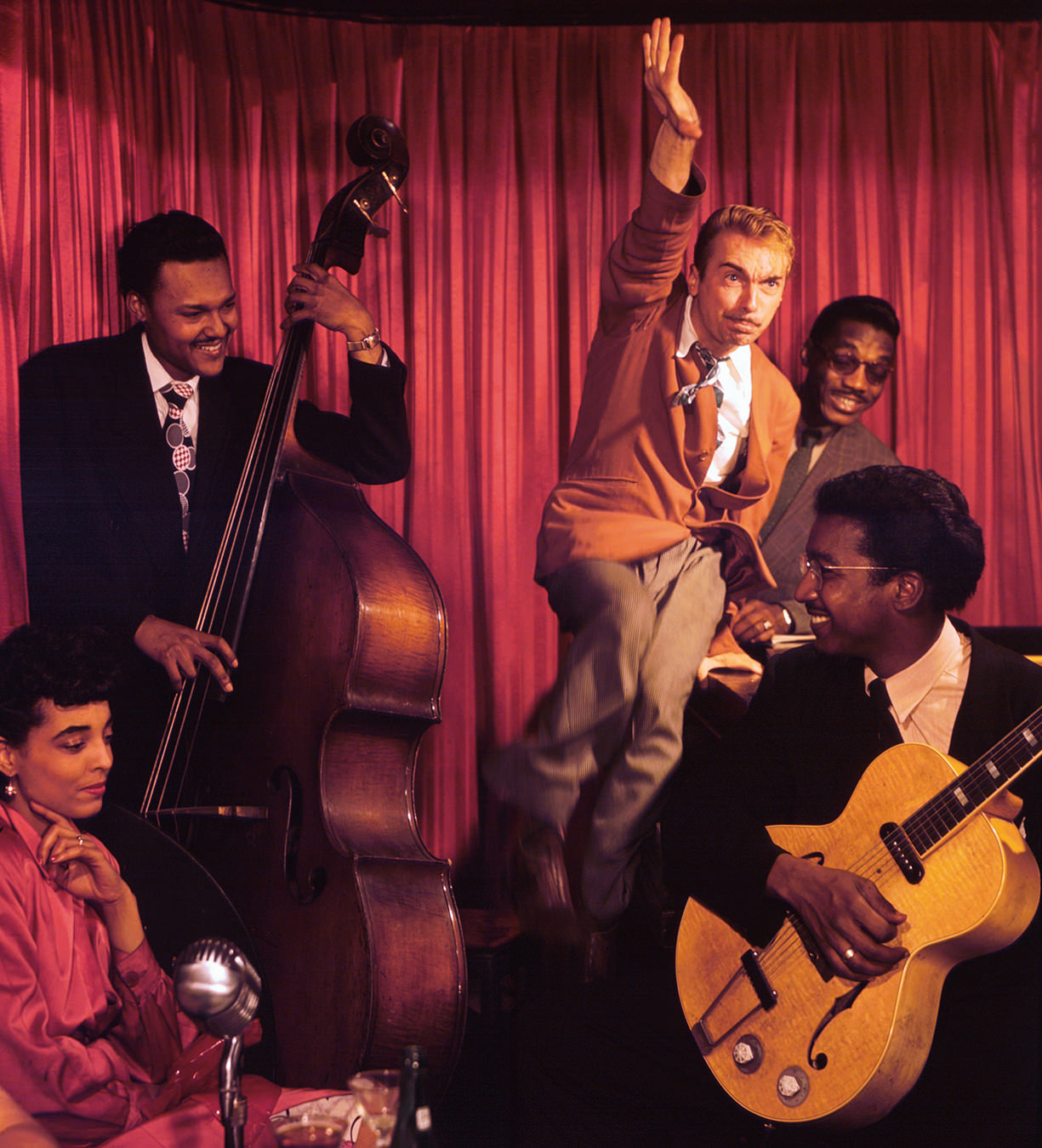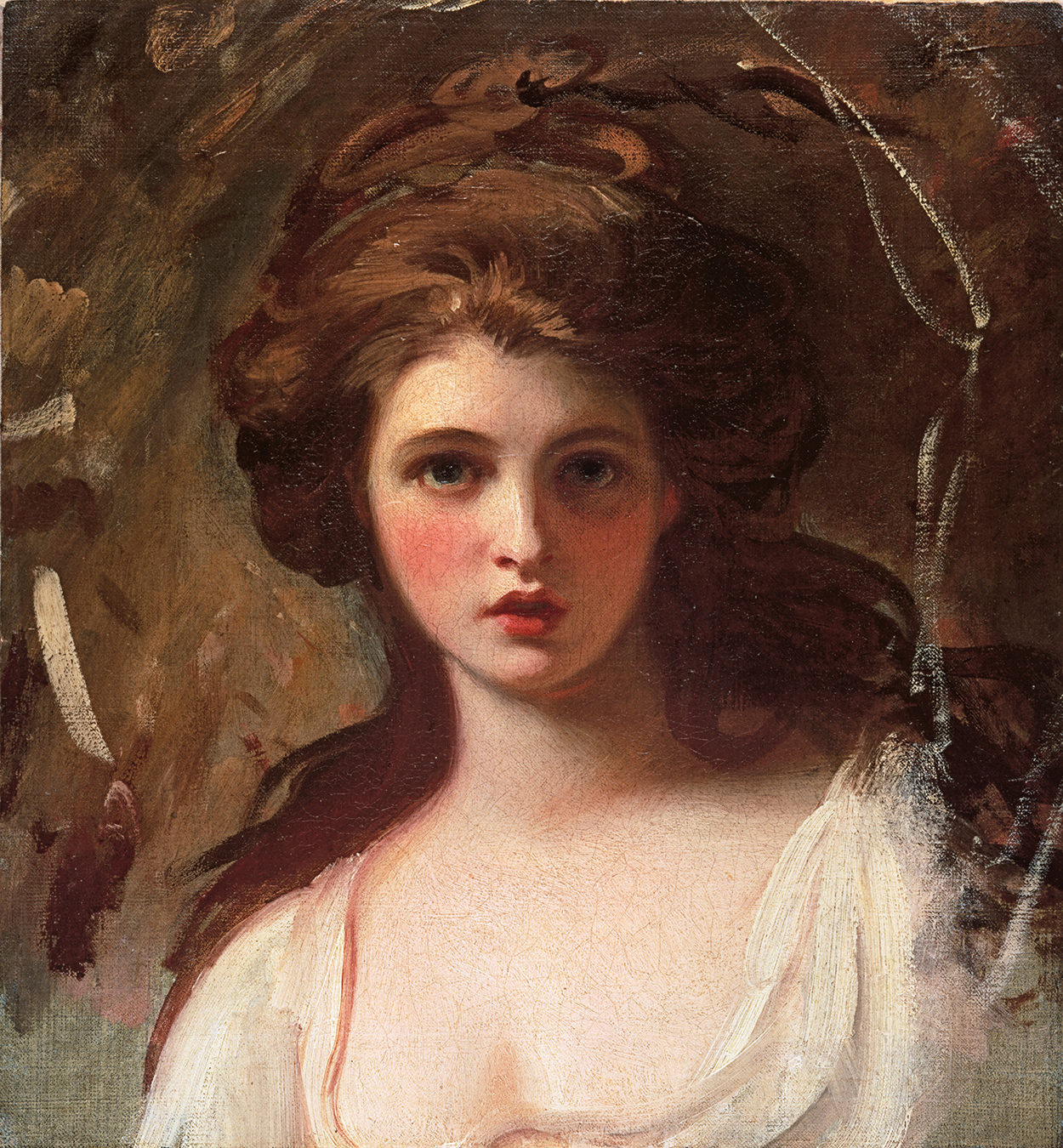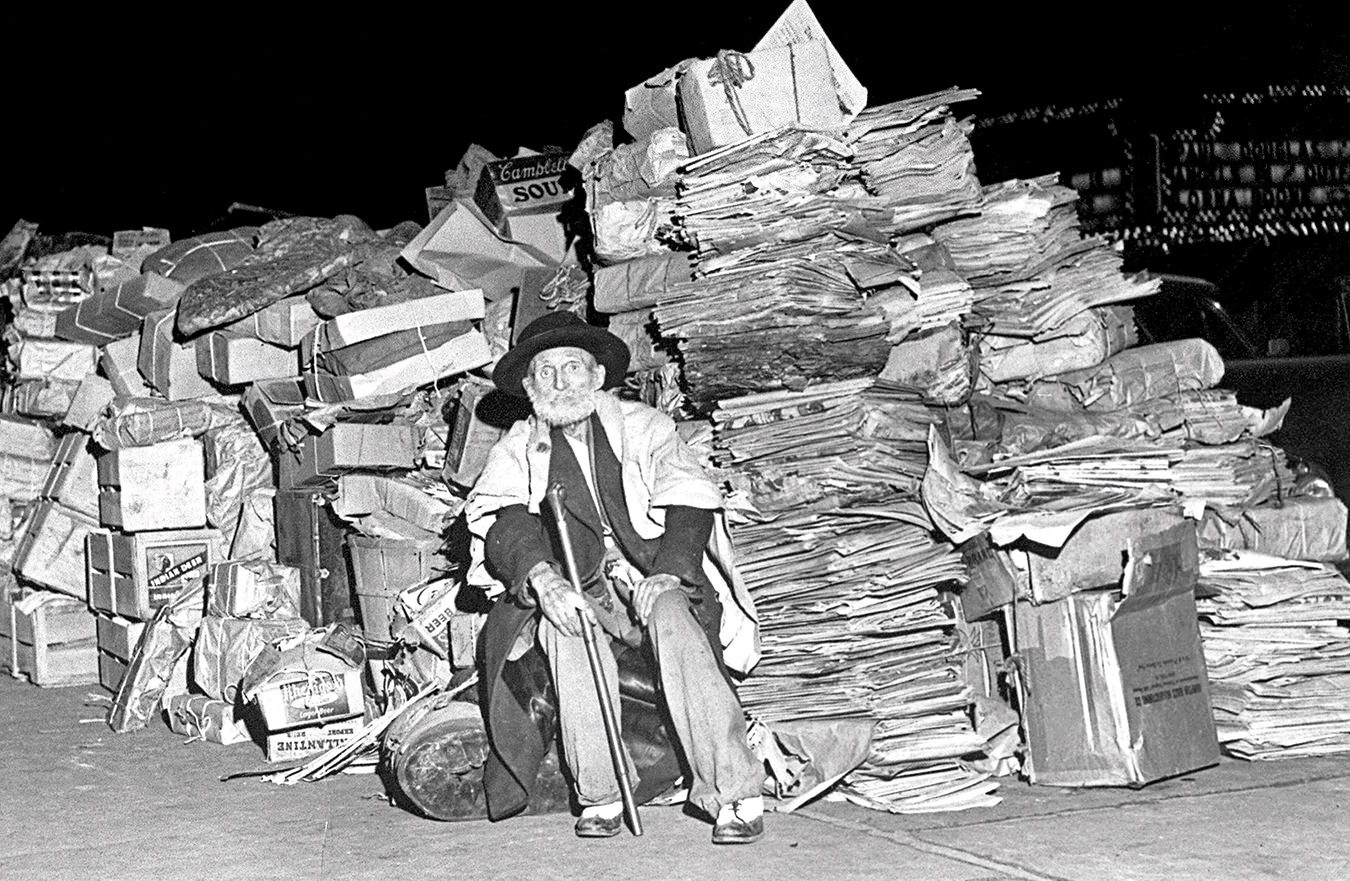Scalawags: Good ol’ Uncle Bill
A bull in sheep's clothing.
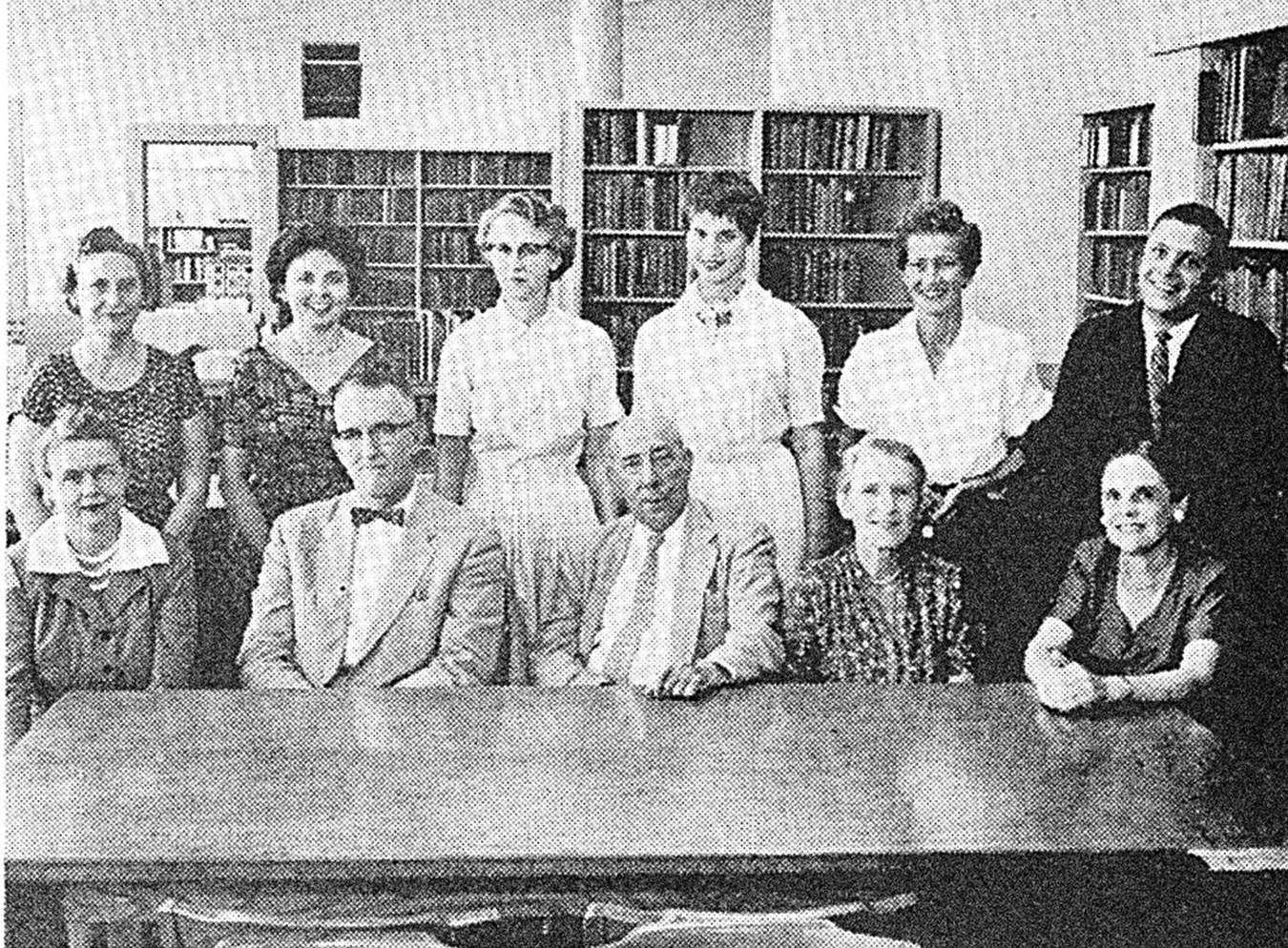
My aunt Louise had just married my new uncle, Bill, and my parents and I had travelled south for a week to visit them in Virginia. When we thought everyone was asleep, Uncle Bill came downstairs, got out the bourbon and poured me a “tad”, as he called it, and we watched the late late movie. I was 13; it was 1958. The movie that night was Beau Geste.
“That’s how it looked, too,” Reverend William Caradine said, pointing a fat thumb at the screen. He insisted I call him (Uncle Bill). “Then I got sent to Southeast Asia. We could have wiped out those communists in a minute, but the trouble was, all the officers were French regulars who’d spent the war years sitting on their fannies in Vichy, but most of the new recruits had been with the German army. America’s over there now, but you don’t hear about it in the newspapers.”
“So I guess you speak French, right, Uncle Bill?” He said something that could have been French, but what did I know? “Yes sir, French. Eye-talian. Portuguese, Spanish, and a little Tamil and Mandarin I picked up when I was a spy in Asia.”
“You were really a spy?” He glanced at the staircase, looked back at me and whispered, “Yeah, but I can’t talk about it. It would upset your aunt.”
I had known my aunt as a no-nonsense, conservatively dressed single woman. But now she seemed an entirely different person. Makeup, bouffant hair, green high-heeled shoes—she was laughing all the time and always kissing Uncle Bill.
The Sunday before, after he’d returned from preaching to his flock, he turned on the football game. It was half-time, and the cheerleaders with their pompoms and little pleated skirts jumped up and down. Uncle Bill got down on all fours, close to the screen. He scuttled to the left, and then to the right. “What are you doing, Uncle Bill?”
“I’m trying to look up their skirts, son.” Some way for a minister to act, I thought. “So when did you turn to religion, Uncle Bill?”
“November 14, 1952, in the jungle in Indochina. I saw God in the lianas. Jesus Christ lifted my burdens as if he were taking my packsack off my weary back, and he pointed out the way I had to go. It has sure taken a lot of effort for me to stay on the path.”
Later, as we watched the late late movie, Brian Donlevy marched back and forth on the screen, flicking his riding crop, looking evil with his moustache. Uncle Bill jerked his head in Donlevy’s direction, just as the major, or whatever he was, gave some crazy order. “That fellow looks like the real thing.
“I used to work in films when I was a young man. Nothing to brag about, I won’t lie to you. Mostly I did stunts. Rode horses, and fell off them. Born in Wyoming, practically raised on a horse. Got to know a lot of those actors. Actresses, too. Yvonne De Carlo, yum yum. But don’t tell your aunt I mentioned that.” We talked about cowboy actors. He told nasty stories about Randolph Scott. “Say, you want a tad of this in your coffee?” “Sure, Uncle Bill.”
We stayed in Virginia a couple more days. One night he said that the female star of that night’s movie reminded him of his first wife, who’d died tragically in a four-car collision.
We started home, my parents and I, and were hardly out of the driveway when my father said, “Christ, that Bill Caradine is full of it, huh?” My mother shook her head. “I think he’s disgusting. Thinks he knows everything. I don’t understand what my sister sees in him.”
“I like Uncle Bill,” I said. “Uncle Bull is more like it,” my father said. “I like his stories,” I countered. “Yeah,” my father grunted. “You can like his stories, just don’t believe any of them.”
It hadn’t occurred to me that his stories might not be true. The thing I dug about Uncle Bill was that he never once asked me how I liked school. He talked to me as if I were another guy his age.
The next summer, Aunt Louise and Uncle Bill came north to visit us, Uncle Bill wheeling a 1958 Ford convertible, the brand-new model where the top retracted into the trunk. He was wearing khakis, a Hawaiian shirt, and shades. Aunt Louise had shades on, too, and there seemed to be 15 pounds less of her. He strutted up the walkway to the house, a big guy with a big head, big hands, and a big nose, looking like a gangster, his moll behind him. He didn’t look like
a minister.
The four adults sat around the living room with highballs and one of the neighbours came over—he worked in a bank—and I could tell Uncle Bill was bored. He rubbed his leg, stood up, and said, “My legs are cramped after all that driving. If no one minds, I’ll take me a little walk, loosen up.” Then he looked at me, “Jimmy, you want to show me the elephant?” As we walked, I talked about cars, which were my obsession. Uncle Bill nodded his head.
“Sold my pride and joy last year, a 1947 Chevy Fleetline. I put a Corvette engine in it, dual four-barrels. It was lowered, chopped, and channelled, and I louvred the hood. Louise convinced me it wasn’t the proper sort for a minister of the Lord to be seen in.” When we got to the trolley station, he asked me where the trolley went. “Philadelphia,” I told him. He then asked, “Don’t you sometimes just want to get on that trolley and go to the end of the line and get on the next one and keeping going and so forth and so on?”
“Yes, sir.” And I told him how earlier that year I had done that very same thing. He laughed and his belly shook. “Goddamn, boy. I still want to do something like that. But I have a responsibility to my congregation. And to your aunt Louise.”
By the time we got back, the neighbour had gone, my mother was huddled with her sister, and my father had vanished, probably to avoid Uncle Bill. I had to go to a baseball game. Bill was left to sit, looking out of place, on a chair in the living room. As I was going out the kitchen door, I heard my aunt say in a low growl to my mother, “I tell you, Kathleen!” They both giggled.
The next day my father was off to play golf; Uncle Bill invited himself along and I went, too. In the car, Uncle Bill said, “I was a professional golfer years ago. Club pro in Roanoke.” My father said, “Isn’t there anything you haven’t done?” There was certainly an edge to it. “Nope,” Uncle Bill said, staring straight ahead. My father had his clubs and I had my own set—half lefties, half righties—and Uncle Bill had to rent a set. They had made a $50 bet on the game. While Bill was in the clubhouse, my father said, “Now I’m going to shut his mouth for good.”
“I like Uncle Bill,” I said. “Uncle Bull is more like it,” my father said. “I like his stories,” I countered. “Yeah,” my father grunted. “You can like his stories, just don’t believe any of them.”
Bill’s first shot off the tee went straight for about 50 yards before looping another hundred yards into the woods to the right of the fairway. He shook his head and examined the shaft of his driver. “I don’t think it’s the club,” my father said. Bill smiled, teed up another ball, and hit it nearly 300 yards straight down the fairway. “Guess you were right,” he said to my father.
My father shot an 82, me a 90, and Uncle Bill an 80, winning the $50. But worse than that, from my father’s perspective, was that at least 10 of Uncle Bill’s shots were either amateurish hooks and slices, or feeble dribbles off the tee. Subtract those and my father probably would have killed him. As it was, my old man threw the bags into the trunk with a raucous clatter, slammed the lid, and didn’t say a word to Uncle Bill for the rest of
the visit.
That night over our whiskies and in front of our movie, Bill tried to appear contrite. “It probably wasn’t fair,” he said. “I shouldn’t have hit that perfect drive off the first tee. Should have flubbed more shots, and then if I was really hustling, around about the fifth hole, I would have asked your father if he wanted to raise the bet. Maybe religion saved me, but it ruined me, too.”
As they were leaving the next day, Bill gave me a Roman coin that he said he’d found in a farmer’s field near Petersburg, Virginia. I never saw him again.
Two years later, Uncle Bill was fired from his job as head preacher at the Baptist church. It seems he was conducting affairs with several of the women in his congregation. During the course of the ensuing investigation, it was discovered he didn’t have the degree in theology from Bob Jones University that he claimed, nor had he been ordained. Aunt Louise divorced him.
In 1962, my aunt mailed a clipping to my mother about how William Caradine was fired from his job as professor of economics at the local junior college, having obtained his position through fraud. The previous year, he had been fired from the local high school.
My aunt married again in 1965, to a fellow who owned a few furniture stores and was a genuine nice man.
One evening, in 1966, a woman in her mid-20s showed up at Aunt Louise’s house and announced she was the estranged daughter of Bill Caradine. Aunt Louise hadn’t known that her former husband had any children. The woman explained that her father had left the family—her, her mother, and her sister—one night in 1956 with no explanation. Home had been in Colorado Springs, Colorado, where Uncle Bill worked as a ski instructor. They never heard from him again.
The last news I got had Uncle Bill living in Veracruz, Mexico.

